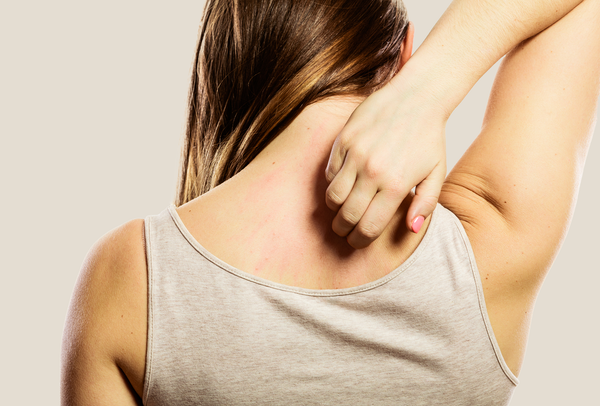Our monthly quick dive into a skin-related micro-topic with SEEN co-founder and derm-in-residence Dr. Iris Rubin.
Sulfates: you’ve likely heard the word, but do you know what they are and why some brands (SEEN included) steer clear of them? Chemically speaking, a sulfate is a type of surfactant, which are molecular compounds designed to play well with oil and water. In beauty products, sulfates are often the detergent that help to make shampoo suds up or your soap lather. While they’re generally considered safe, the growing wave of sulfate-free products is an indication that the ingredient is not without issues.
That sulfates for the hair can be problematic (they are harsh, they dehydrate, they cause color to fade) has been well-documented. But, as it turns out, these surfactants that go by many names (most commonly sodium lauryl sulfate and sodium laureth sulfate) and come in many varieties (there are hundreds, both synthetic and naturally derived from sources like sulfur and petroleum, or, alternately coconut and palm oils) can also potentially spell trouble for the skin.
“If you suffer from acne or breakouts, adding irritating products to your regimen is not desirable as your skin is already inflamed.” Even short contact between skin and hair care products can have a lasting effect. “Hair care products you rinse off can leave a residue,” says Rubin. “You rinse and forget, though your skin doesn’t. That residue can irritate the skin or clog pores, leading to breakouts.” The other issue with sulfates for anyone acne- or sensitivity-prone, is that over-drying can exacerbate irritation.
“As you get older your skin needs even more moisture, and if you’re stripping away its barrier with a detergent ingredient, you’re drying the skin further making it more susceptible to irritation,” says Rubin. Your best and safest bet, particularly if you have skin that tends to be reactive, advises Rubin, is to stick to products whose formulas are entirely formulated without sulfates.





